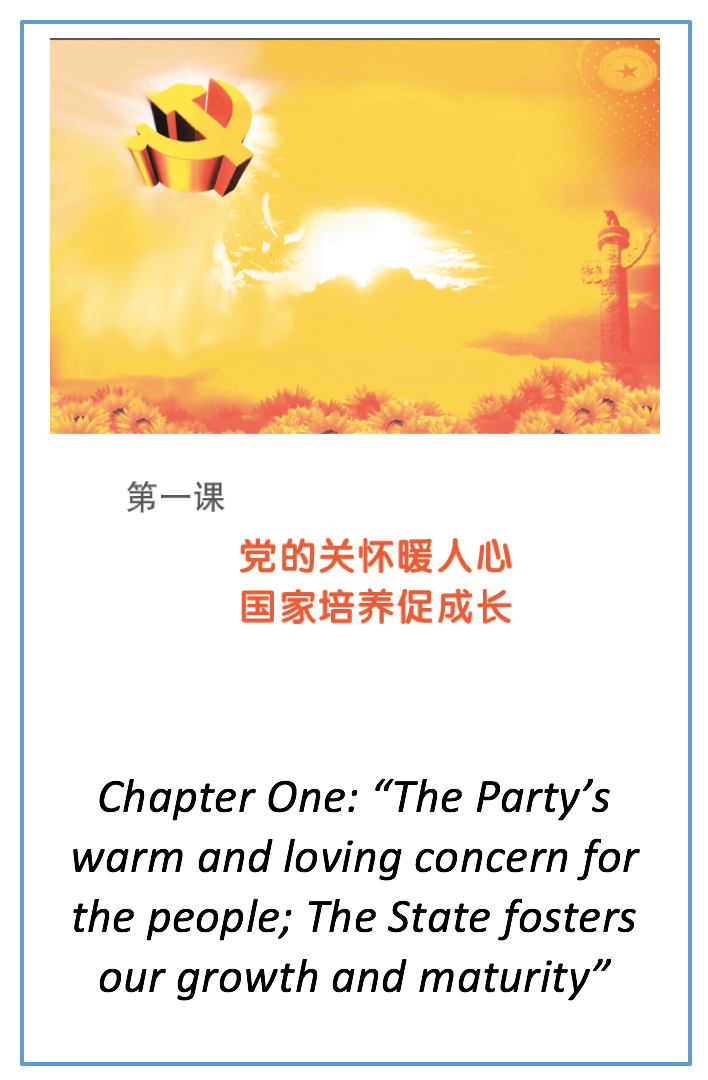Does the author mean that their apologies were "too polite"?
China’s rabidly nationalist netizens have even called for a boycott of Marriott. But more than losing business, foreign operators in China fear running foul of sweeping new cyber- and national-security laws. Among much else, these prohibit anything deemed to “damage national unity”. The apologies issued by some operators were party-speak. Marriott said, “We absolutely will not support any separatist organisation that will undermine China’s sovereignty and territorial integrity.” Delta airlines apologised for hurting the feelings of the Chinese people. Zara, a European fashion chain, even promised a “self-examination”.
18 Jan 2018 issue of The Economist "Banyan: China is getting tough on Taiwan"

